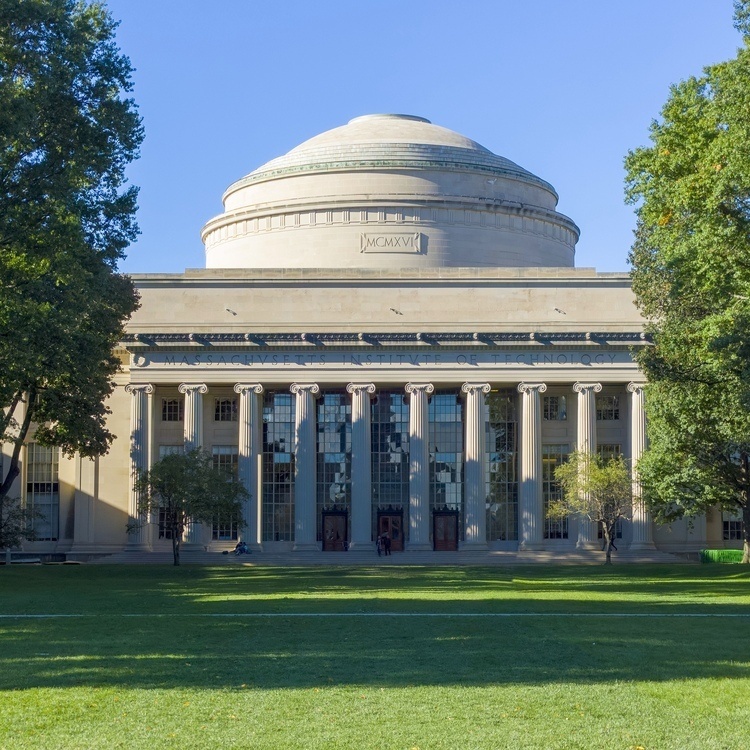
Raul Mojica Soto-Albors Thesis Defense: Discovery and characterization of plateau potentials in cortical neurons of awake mice
Description
Date and Location:
July 10, 2025 at 2PM
Singleton Auditorium
Title:
Discovery and characterization of plateau potentials in cortical neurons of awake mice
Abstract:
Plateau potentials are large calcium-dependent regenerative depolarizations that support burst firing and facilitate behavioral time scale synaptic plasticity (BTSP) in the hippocampus. Despite substantial progress in our understanding of these events in CA1, it remains unclear whether they occur in the neocortex and, if so, how do they manifest. To address this, we performed in vivo whole cell patch clamp recordings from layer (L) 2/3, L4, and L5 pyramidal neurons (PNs) in mouse primary visual cortex (V1) to produce the first systematic characterization of cortical plateau potentials. We established functional correlates of plateau potentials and evaluated their role in plasticity induction. First, we described the high prevalence of prolonged somatic depolarizations accompanied by high-frequency spikes (~105 Hz) in 43% of L5 PNs. Cortical plateau potentials closely resembled those previously described in the hippocampus, averaging ~27 mV in amplitude and ~60 ms in duration, with pronounced intraburst spike amplitude attenuation. Recordings obtained from L2/3 and L4 neurons revealed that cells in these layers do not generate plateaus, indicating a unique generation site in L5. Within L5, neurons exhibiting plateaus had lower input resistance than those that did not, suggesting plateaus may be specific to thick-tufted extratelencephalic (ET) PNs. We further described how the incidence of plateaus in L5 PNs was surprisingly not increased by visual stimulation. Intriguingly, their prevalence more than tripled during periods of behavioral arousal. Furthermore, plateau initiation was more likely during the rising phase of the extracellular theta rhythm (5-10 Hz) in V1, suggesting that cortical plateaus are modulated by internal state and network rhythms rather than visual stimuli alone. Finally, we investigated the role of cortical plateaus in plasticity by pairing a non-preferred stimulus with artificially evoked events. In contrast to the BTSP observed in CA1, spiking output remained consistent before and after pairing in V1. However, subthreshold responses indicated some synaptic depotentiation for the preferred stimulus, indicating that plateaus might be sufficient to alter synaptic weights, though in a different way than that demonstrated in hippocampus. Collectively, this work sheds light on an underexplored cortical output mechanism unique to L5 pyramidal neurons, positioning the plateau potential as a cell-type-specific phenomenon that may reshape sensory representations in the neocortex, with implications for cortical computation and biologically inspired learning rules in neural networks.
Zoom:
https://mit.zoom.us/j/99783826316?pwd=c20laM4mxLrCSymzfKkrbkbMpOSvTm.1
Meeting ID: 997 8382 6316
Password: 295710

